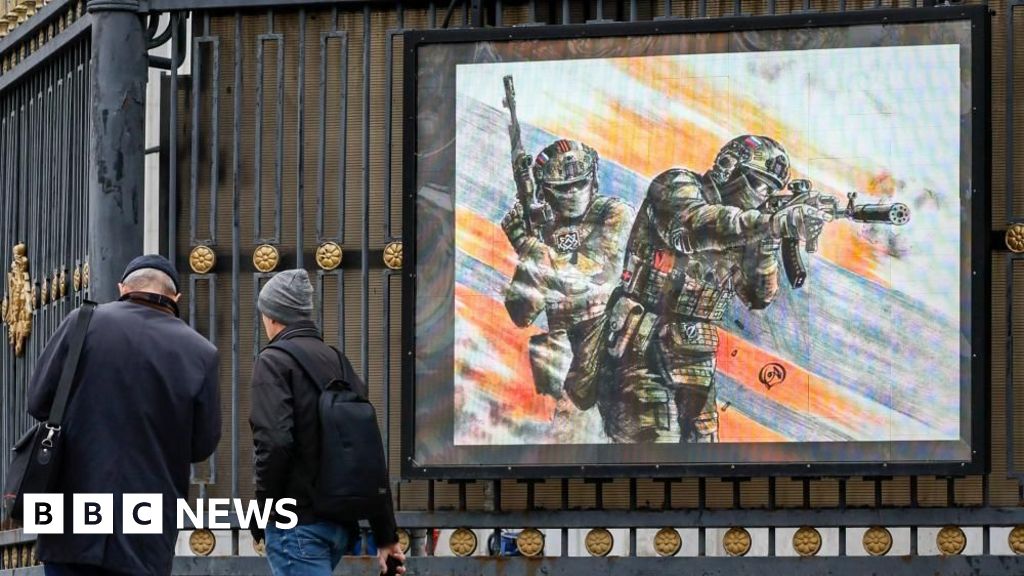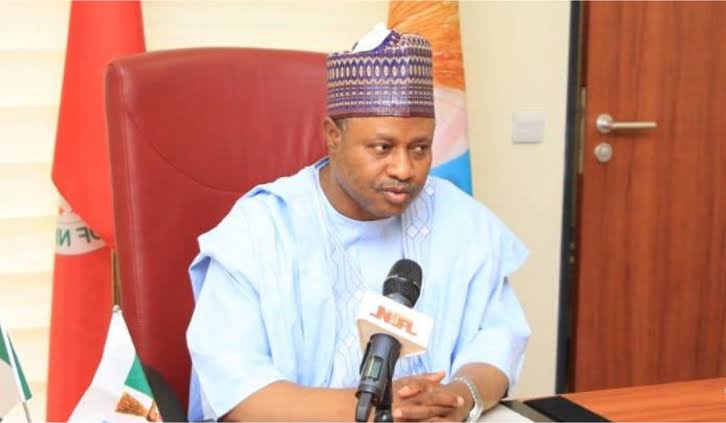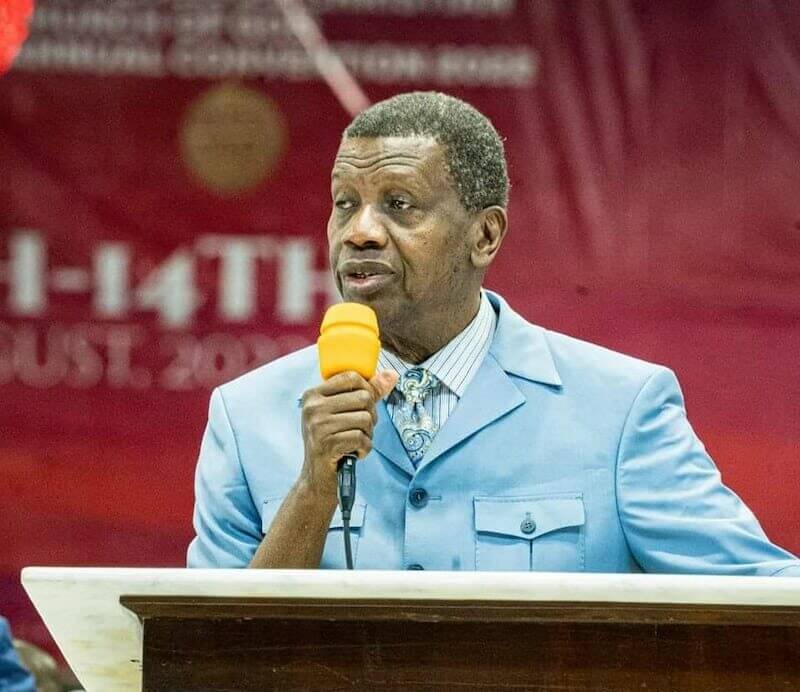All Progressives Congress (APC) has said the presidential candidate of the Labour Party in the 2023 l election, Mr Peter Obi’s latest statement on the country’s economic situation is an admixture of half-truth, blatant distortions and misinformation calculated to mobilise outrage against its government led by President Bola Tinubu.
APC in a statement by its National Publicity Secretary, Felix Morka on Tuesday night said Obi has continued, unabashedly, to showcase his obsessive devotion to self promotion against the best interest of Nigeria.
Morka said, “Obi’s warped conclusion that Nigeria’s economic crisis was caused by nine years of APC-led administration is a highly revisionist, dishonest, distorted and deliberately misleading assessment of the country’s economic trajectory in the last decade.
“He (Obi) opined, rather mischievously, that no efforts were being made by President Bola Ahmed Tinubu’s administration to tackle poverty and unemployment in the country.
“The facts tell a far more complex and different story. The country’s economic decline began under the watch of the Peoples Democratic Party (PDP) with GDP growth plummeting from 7.98% in 2010 to 2.79% in 2015. And since 2015, the global oil price crash, geopolitical tensions, climate change, global COVID pandemic and rising population have all taken a toll on Nigeria’s economy that is almost entirely dependent on drastically reduced oil export earnings.
“The growth recorded during the PDP years was due entirely to high price of crude oil and increased government spending that it supported. It is noteworthy that between 2007-2014, Nigeria earned $531.2 billion under the PDP, compared to $287.8 billion under APC between 2015-2022.
“This drastically reduced export earnings under the APC administration was even further stretched thin by the country’s population surge from 184 million in 2015 to 229 million in 2024.
“Despite the huge revenues available to it, successive PDP administrations neglected to address underlying structural challenges and distortions in the economy leaving the country vulnerable to economic shocks and volatility,” he said.

 3 months ago
6
3 months ago
6















 English (US) ·
English (US) ·